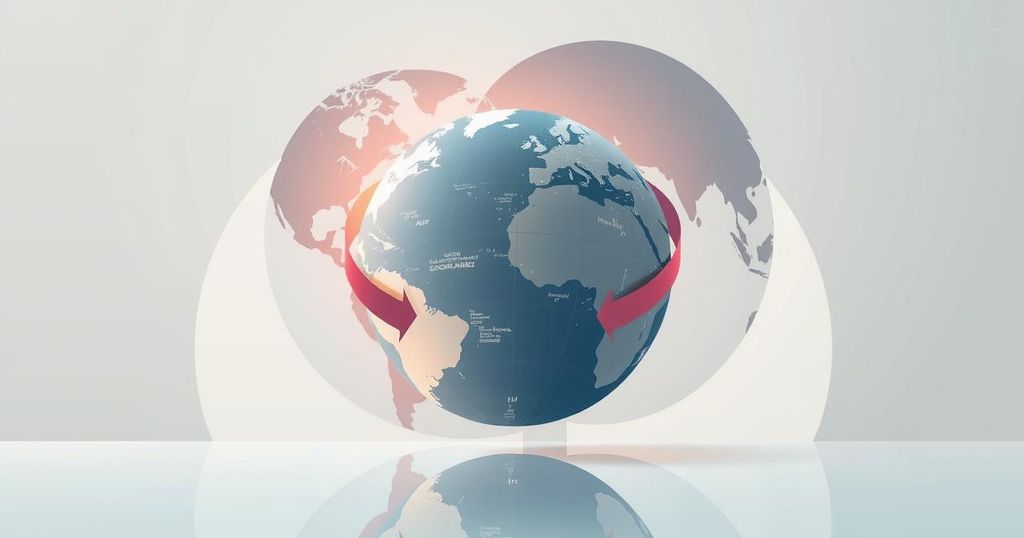The European Parliament is pressing for the suspension of a minerals agreement with Rwanda amid escalating military conflict in the DRC involving M23 rebels. Despite these calls, EU Commissioner Dubravka Šuica insists that purchasing agreements must continue to avoid undermining human rights obligations. The resolution condemns violence in the region as MEPs raise concerns over ethical implications of mineral sourcing.
The European Parliament is urging the European Commission to suspend its critical minerals agreement with Rwanda due to escalating military conflict in the North Kivu region of the Democratic Republic of Congo (DRC). This violence, instigated by M23 rebels allegedly supported by Rwandan forces, raises substantial concerns about the agreement’s integrity. However, EU Commissioner for the Mediterranean, Dubravka Šuica, stated that continuing purchases of metals and rare earths is essential, noting that halting the agreement could counteract EU human rights obligations.
On February 13, 2024, the European Parliament adopted a resolution with significant backing, condemning the violence in Goma and other eastern DRC territories occupied by M23 and Rwandan troops. MEPs highlighted egregious human rights violations, including indiscriminate violence and war crimes, with over 3,000 casualties reported in Goma alone. This situation undermines the European Commission’s recent efforts to strengthen ties with Kigali and provide military support in other regions.
The Parliament specifically calls for an immediate halt to the EU-Rwanda Memorandum of Understanding on Sustainable Commodity Value Chains until Rwandan interference in the DRC ceases, particularly regarding minerals sourced from areas controlled by M23. The Parliament describes these minerals as “bloodstained,” emphasizing the ethical implications of such trade amidst ongoing violence. The collaboration with Rwanda aimed to secure a sustainable supply of crucial raw materials for the EU while helping to develop Rwanda’s mining infrastructure.
This agreement has faced criticism from various quarters, notably from the DRC’s President, Félix Tshisekedi, who condemned it as a “provocation in very bad taste.” The ongoing conflict, particularly in mineral-rich areas, poses significant challenges to the establishment of responsible mining practices. As of now, the European Commission remains pragmatic, opting not to terminate the memorandum despite ongoing violence, focusing instead on humanitarian efforts and civilian protection.
Commissioner Šuica reaffirmed that the Commission will not support investments in mineral processing with unverifiable origins, defending the EU’s stance as a means to promote safe working conditions and combat child labor. She emphasized that suspending the memorandum would be counterproductive, as it could undermine efforts to ensure responsible mineral production and trade by Rwanda.
In summary, the European Parliament has called for the suspension of the minerals agreement with Rwanda due to the military conflict impacting the DRC. Despite these calls, the European Commission remains committed to continuing its purchasing agreements, emphasizing the necessity of acquisition for meeting ethical standards. The resolution reflects strong disapproval of human rights violations by M23 and Rwandan forces while indicating a significant complexity in balancing economic interests with humanitarian responsibilities.
Original Source: www.eunews.it






